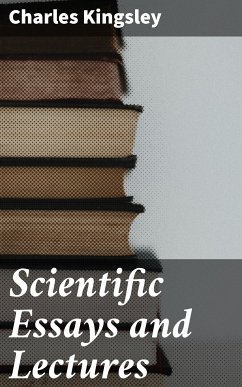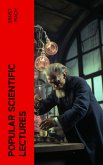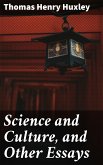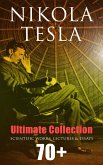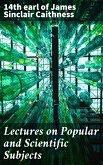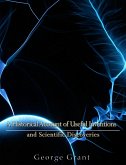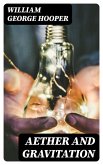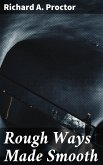In "Scientific Essays and Lectures," Charles Kingsley eloquently navigates the intersection of science and society, presenting a collection of thought-provoking essays that examine the implications of scientific advancements during the Victorian era. Utilizing a clear, accessible literary style, Kingsley engages with themes ranging from evolution and ecology to religion and the moral obligations of scientists. His articulate prose not only reflects the intellectual fervor of the time but also serves as a platform for advocating the importance of science in enhancing human understanding and enriching spiritual life. Charles Kingsley (1819-1875) was a multifaceted figure'Äîa novelist, clergyman, and social reformer'Äîwhose varied pursuits illuminated his belief in the unity of science and faith. His deep commitment to social justice and environmental conservation can be traced back to his early experiences in rural England and his exposure to the evolving scientific discourse of his time. Kingsley's passion for both literature and inquiry informs his essays, capturing the zeitgeist of a generation grappling with rapid change and technological progress. This collection is highly recommended for readers interested in the historical interplay between science and society. Whether you are a student of science, literature, or the social history of the 19th century, Kingsley'Äôs essays provide not only intellectual engagement but also provoke important considerations about the role of science in contemporary life. A valuable read for both scholars and the general public, this book encourages reflection on how far we have come and the responsibilities that lie ahead.
Dieser Download kann aus rechtlichen Gründen nur mit Rechnungsadresse in A, B, BG, CY, CZ, D, DK, EW, E, FIN, F, GR, H, IRL, I, LT, L, LR, M, NL, PL, P, R, S, SLO, SK ausgeliefert werden.

